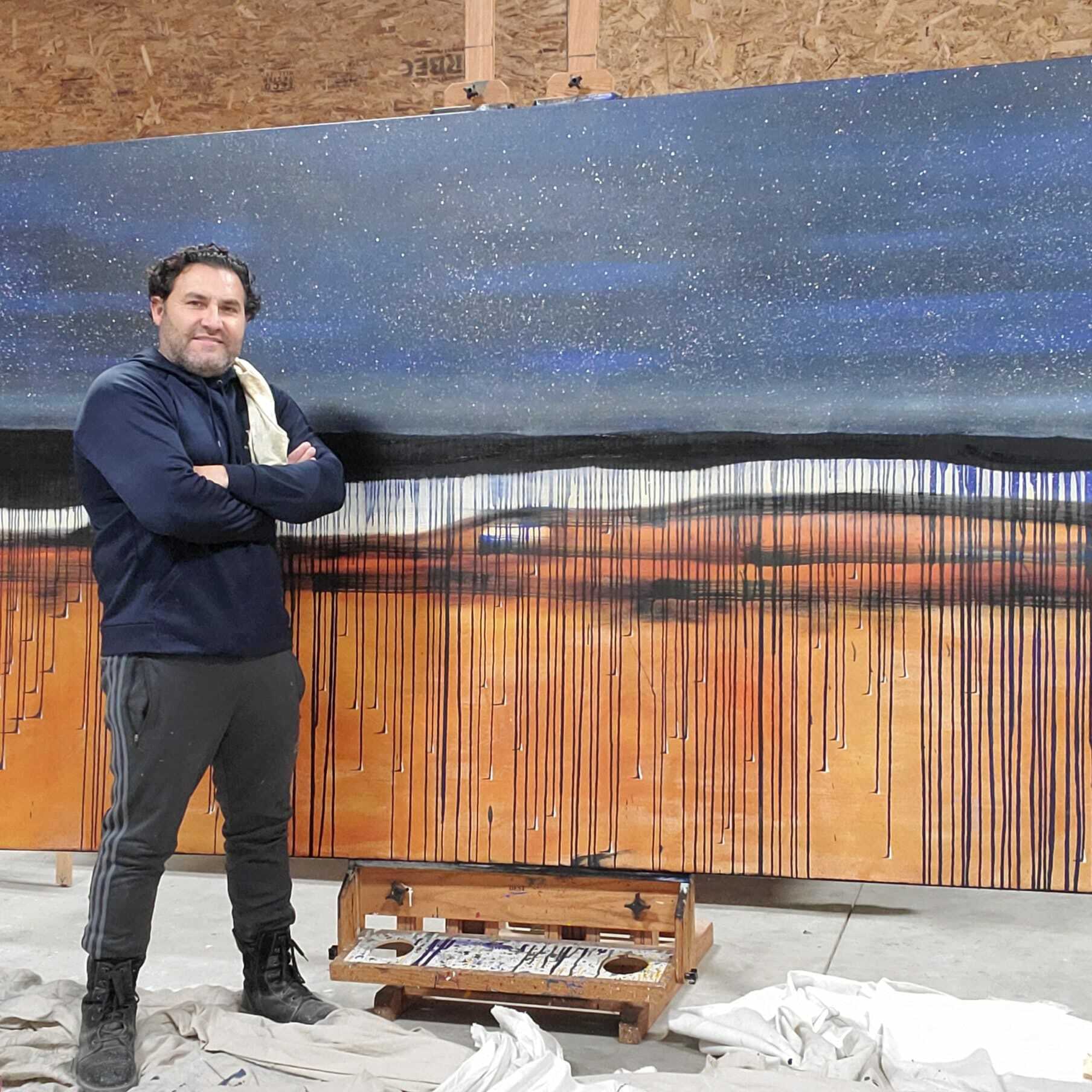
In 1979, a little boy would walk to school every day in the highlands of eastern El Salvador. His large family enjoyed a good life through raising cattle, sugar cane, and other items sold at the local market.
That all came to an end with El Salvador’s civil war, 1979 to 1992, that pitted the Salvadoran government against the FMLN and other groups which resulted in 70 to 80,000 persons deceased, 8,000 disappeared, a half million internally displaced and 500,000 fleeing the country.
Oscar Molina, that little boy, now shared the road to school with government soldiers one day, rebel fighters the next. Being only eight years old, Molina was not old enough for inscription. For the older boys it was a different story with both sides forcibly drafting boys as young as 12. To refuse meant death.
On his walks to school Molina developed a little business selling tropical apples to the soldiers at the government base whose main gate was near his school. The sergeant was a steady customer. One day Molina was walking to school, the sergeant had his apples, and he saw his father standing next to a wall with some other men. He called out, “Papa, what are you doing there?” His father yelled back for him to go to school. The sergeant having overheard the conversation called the boy back.
“Who is the man to you?” he asked him.
“That’s my father” replied Molina.
The sergeant ordered the guard to tell Molina’s father to go home, which he did. Molina continued on his way to school and promptly forgot the entire incident — until 40 years later when his father reminded him of the event.
“Those men,” Molina’s father told him, “were all shot.”
In 1987, the El Salvadoran government confiscated the farm Molina’s family had lived on for generations. The farm had become a battlefield. The entire family immigrated to the Pacific coast of El Salvador and having never fished in their lives, became fisherman. Molina’s eldest brother embarked on the long journey to the Rio Grande and was successful entering the United States. That began a pattern where all five of his brothers immigrated to the United States, Molina being the youngest, immigrated last in 1989. All the brothers received political asylum status and had the working papers necessary to work in the United States. It would take 21 years for Molina to receive his green card.
Upon his arrival he started working on a tree farm on Long Island. Molina had little English and no money, but he worked so hard and competently that his boss took him under his wing and for the next few years they grew trees and the business. In the mid-1990s Molina moved to the East End and, with the blessing of his employer, started a stone business with just himself and one of his brothers. That business today, Moe Masonry, has a fleet of trucks and employs 18 men and is considered one of the very best masonry companies in the area.
About 10 years ago Molina reached a point in his life where he could explore more deeply his artistic side, which he used every day in his design work with stones and cement. The result is a body of work that can be seen at the gallery he just opened at 28 Jobs Lane, Southampton.
There’s a phenomena in the arts where a person takes on the mantle of being an artist late in life and drops out of the sky fully formed with a style unique and foreign to the art world at large. The African American artist, Bill Traylor, is a good example of this. Along with his paintings Molina uses his masonry skills to sculpt. The sculptures are reminiscent of … nobody.
The same can be said for his paintings. Molina has a series of paintings he’s titled, “Children of Dreams.” He explained to me that when he was waiting his turn at the Rio Grande to cross into the United States the nighttime vision in front of him with the silhouettes of the other immigrants has remained in his mind. Make no mistake about it, that moment at the border is a dangerous one with criminals running the crossing business and the United States border guards doing their job. That’s the mark of a dyed in the wool artist, remembering the beauty first, the danger later.
Oscar Molina’s gallery at 28 Jobs Lane in Southampton Village is open most days.
Paton Miller is an artist who lives in Southampton.